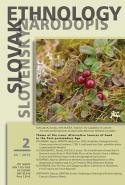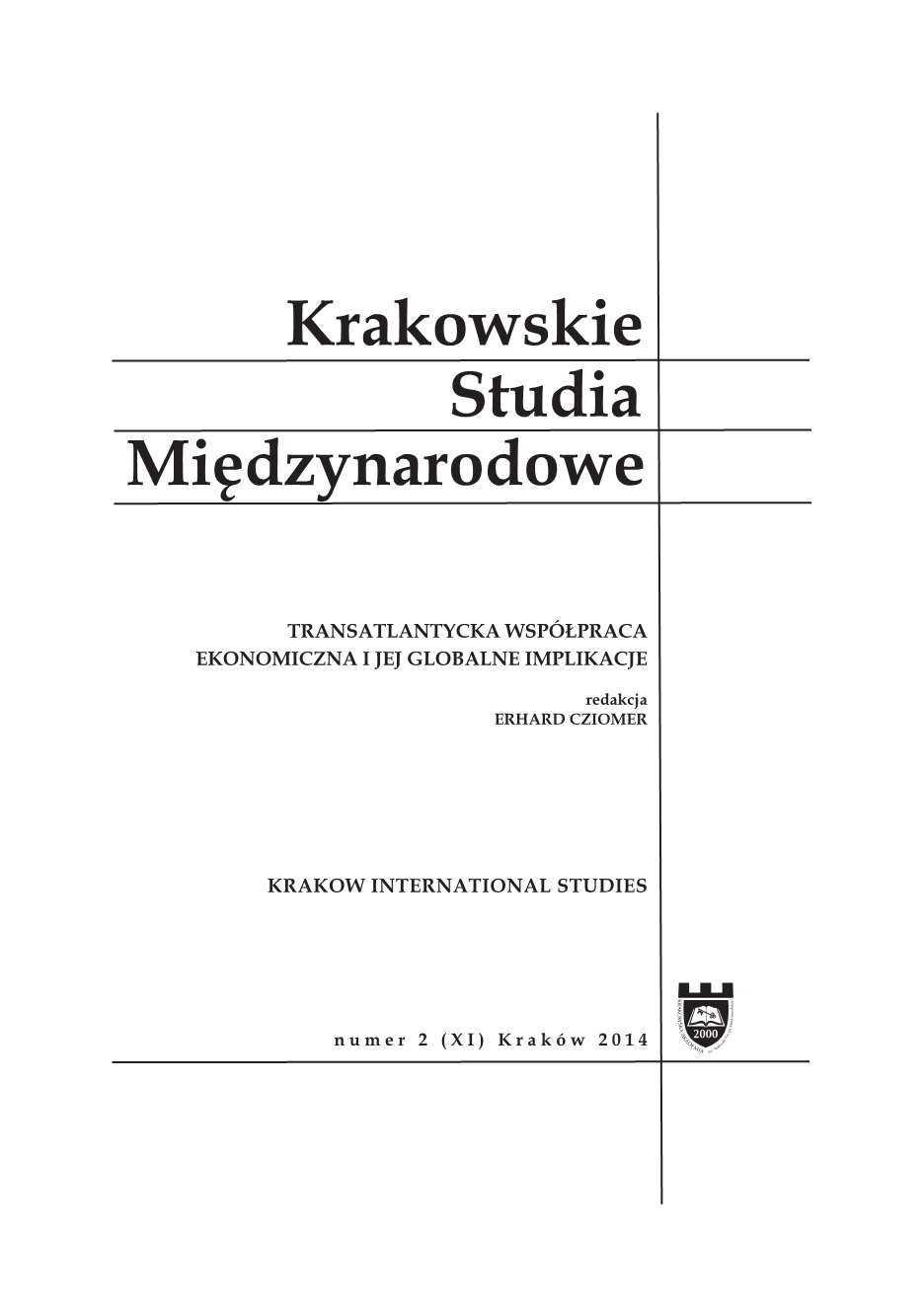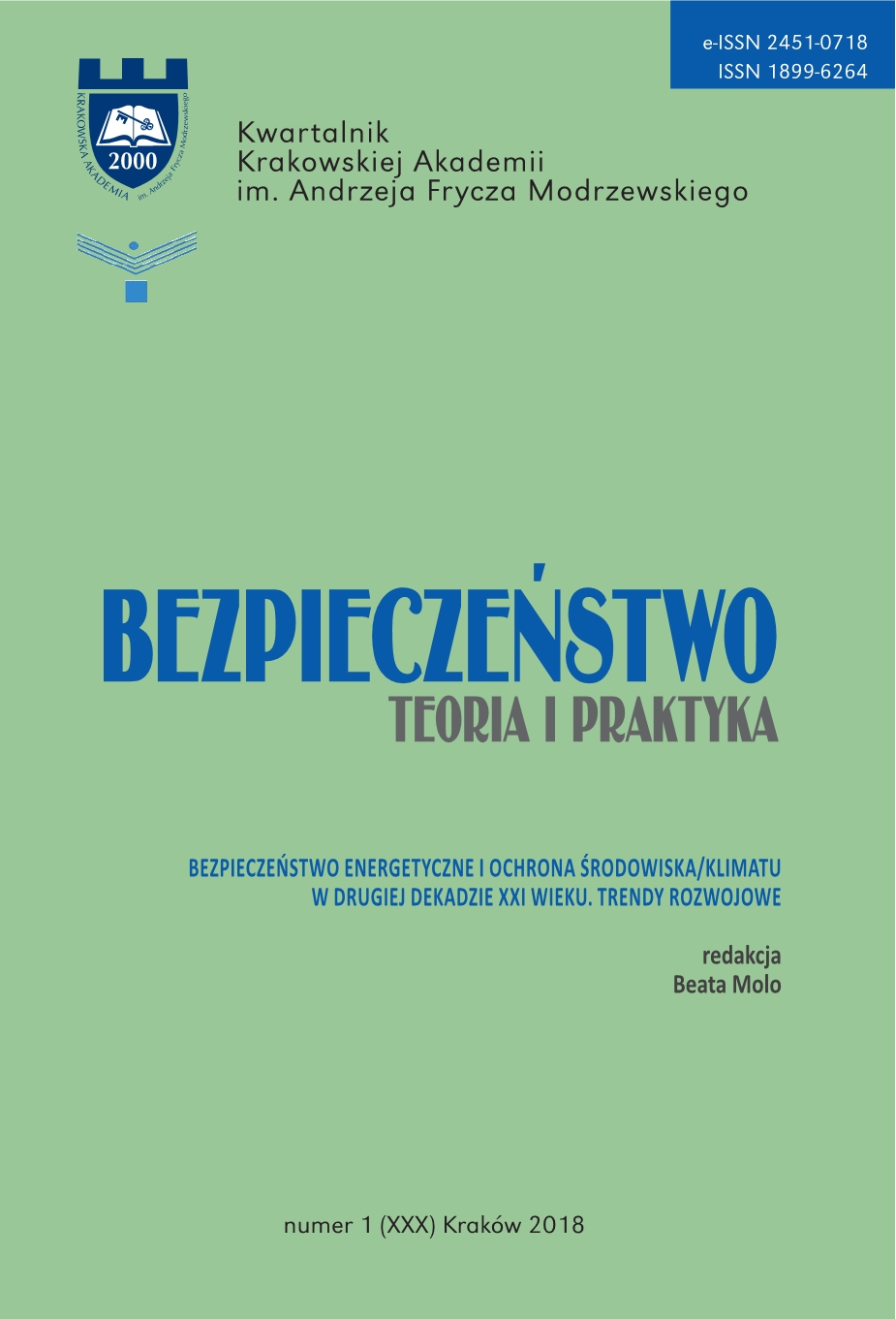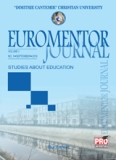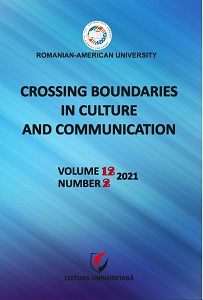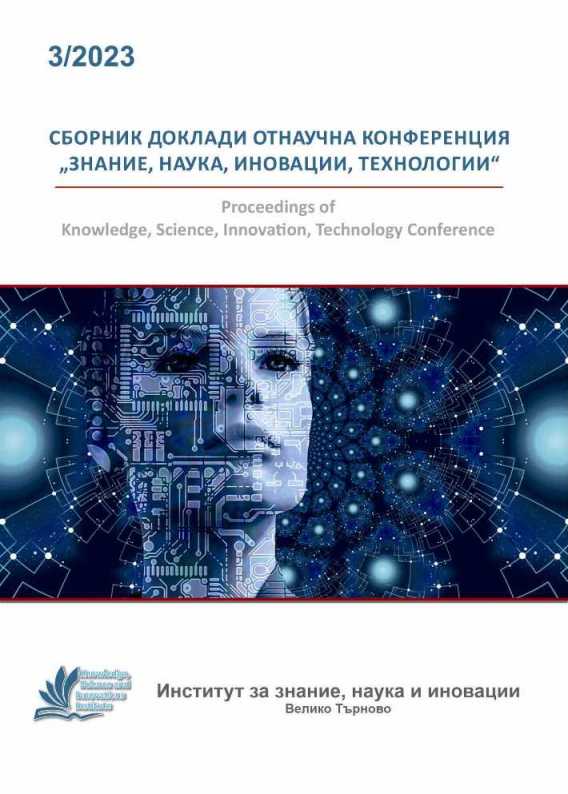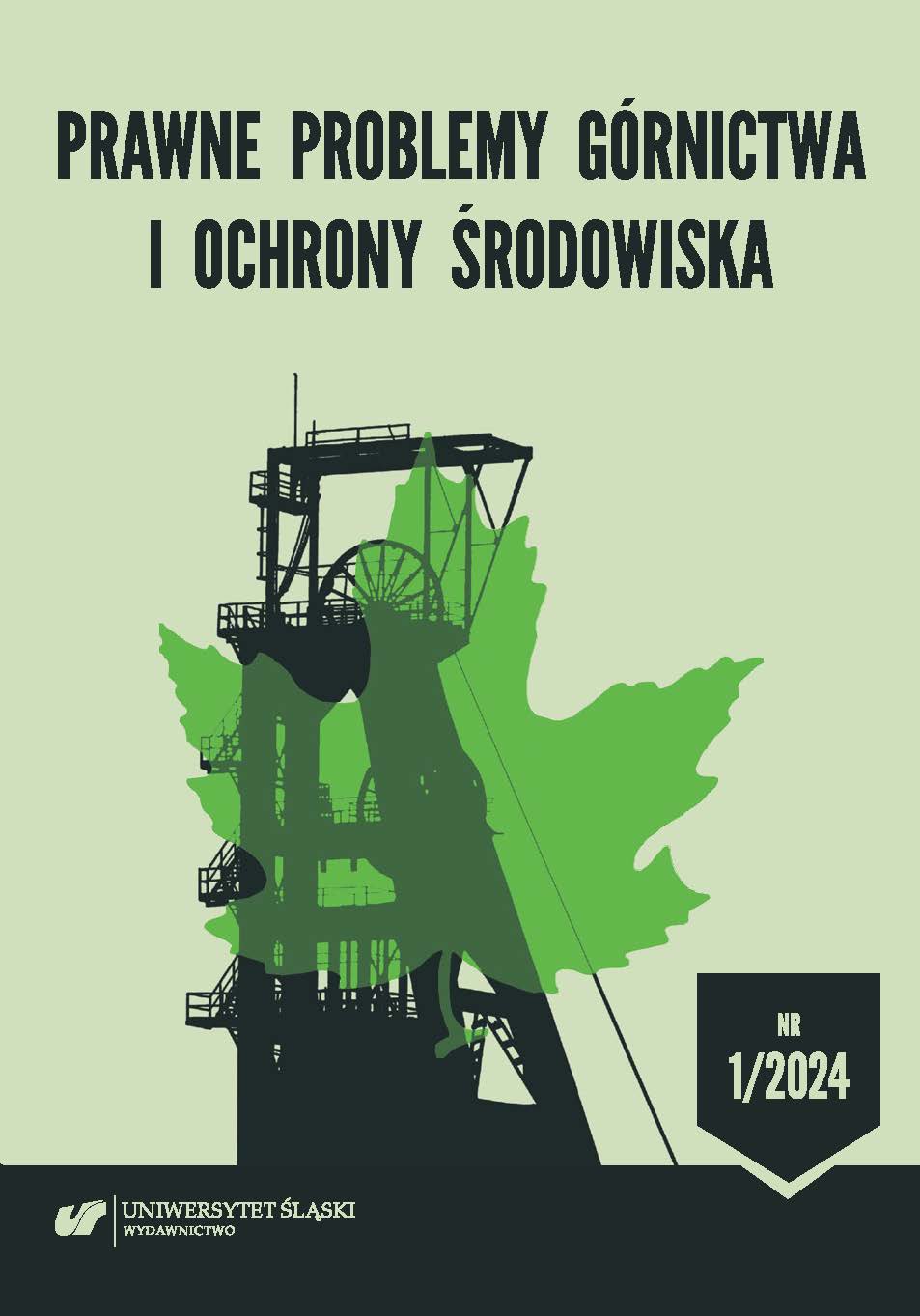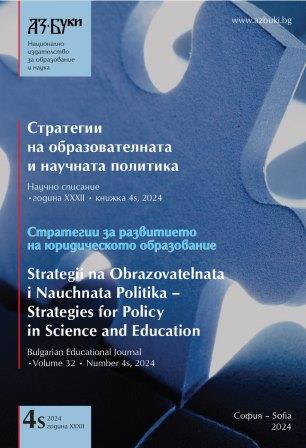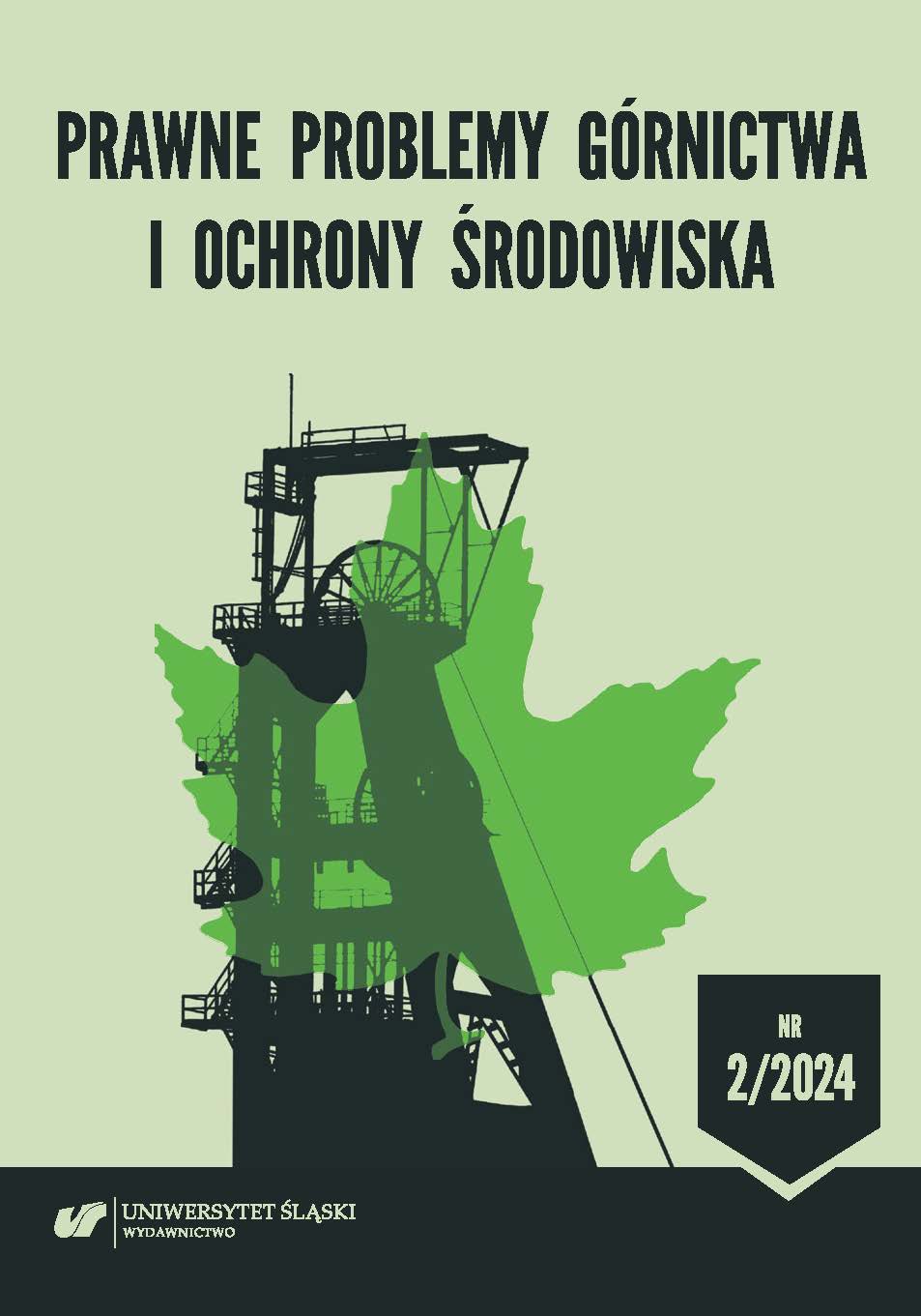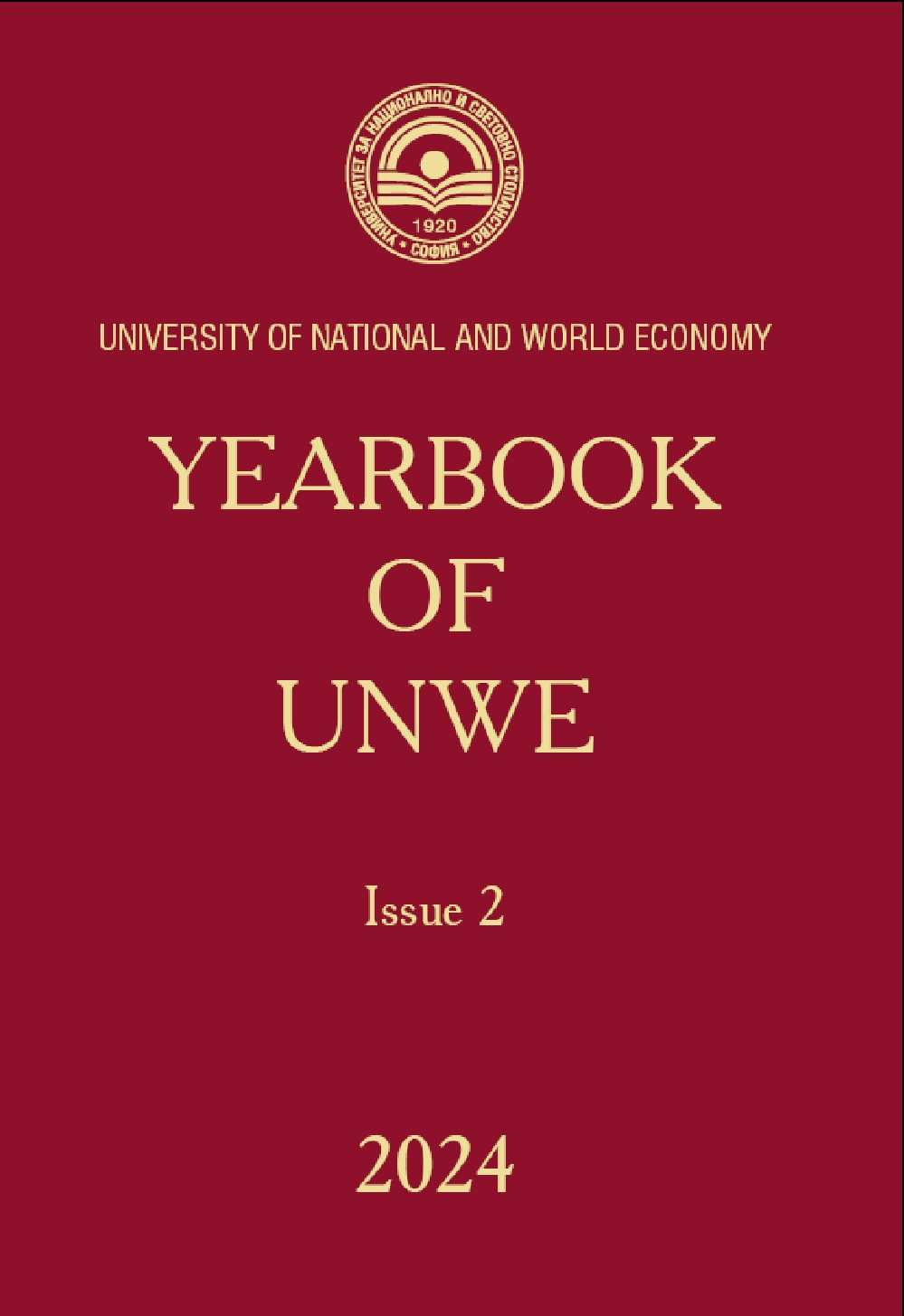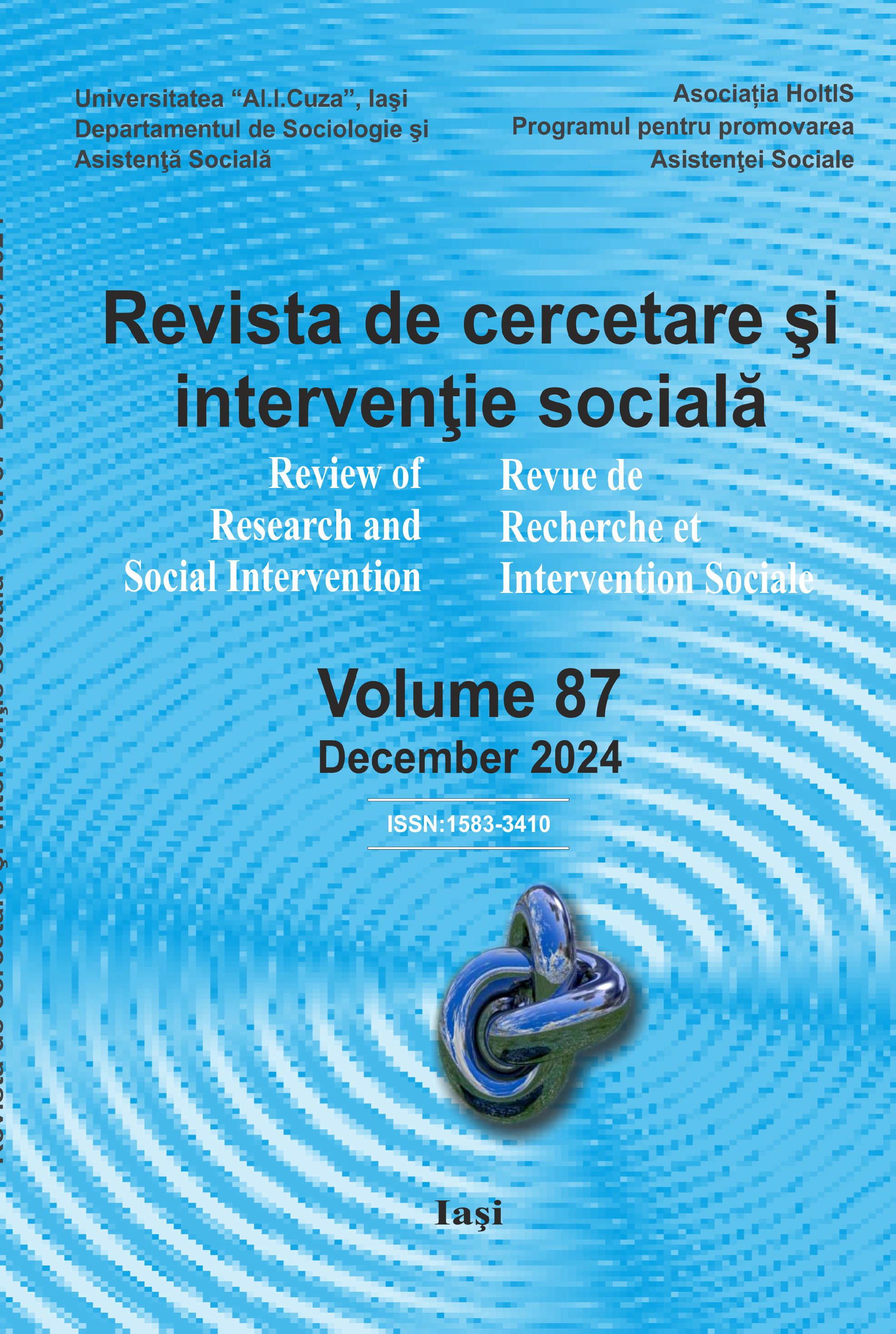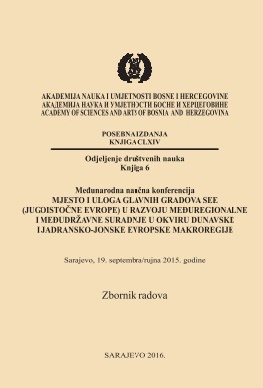
Potencijali za regionalnu saradnju u primjeni inovativnih metoda planiranja gradova na bazi paradigme plavo zeleni san (blue green dream - bgd)
BGD is a new paradigm for the planning, design, construction, operation and maintenance of urban water systems (blue component) and the green urban areas (green component - green infrastructure) as a synergy network, rather than as separate systems. It encourages effective solutions to improve the quality of urban life and adaptation to climate change. Innovative methodology in refreshing existing and planning new urban areas is developed and implemented by EIT (European Institute of Innovation and Technology), through its “cli¬mate” program KIC (Knowledge Innovative Communities), coordinated by the first author. The combined effects of climate change and increasing urbanization require skillful planning and remodeling of existing urban centers. BGD offers a way for the development, testing and implementation of solutions that connect science and innovation with broader deve¬lopment. The project opens many doors for regional and international cooperation, through a network of centers in Europe and the world, for the purpose of exchanging knowledge and experiences.
More...
